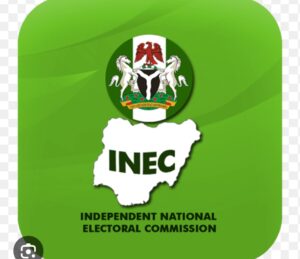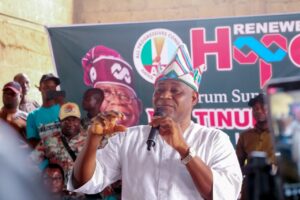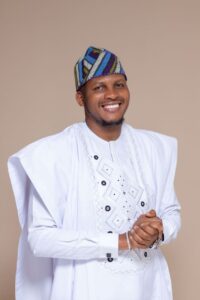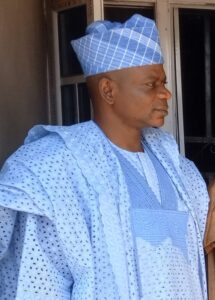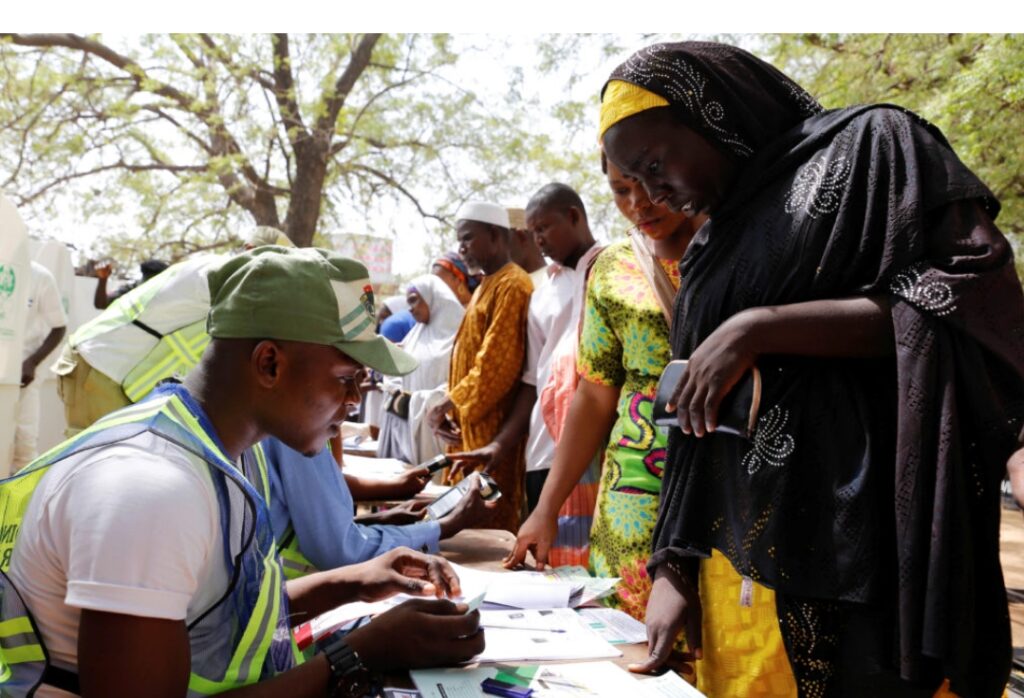
By Isaiah Adewole
As Nigeria prepares for the 2027 general elections and judging by the continuous voter registration exercise, it is becoming clear that the elections will be among the most crucial in our democratic history. Nigerians are eager to know election outcomes, yet many are not ready to participate in the process itself.
Nigeria has witnessed a dramatic decline in voter turnout. In the 2023 general election, turnout was at an all-time low of just 27%. This is a sharp contrast to 2003 since the advent of the Fourth Republic when the country recorded its highest turnout at about 69%. The downward trajectory over successive election cycles is troubling and demands urgent attention.
A major reason for this decline is the widespread belief that “votes do not count.” While interacting with a visually impaired Nigerian recently, he asked: “Votes do not count anymore in Nigeria, or do you still believe that votes count?” Sadly, this perception has become common among citizens who feel that their participation makes little difference.
This distrust is not unfounded. Elections in Nigeria are often marred by vote buying. Among the small fraction of citizens who turn out to vote, many do so under the influence of inducements; tokens that cannot sustain them for a day, let alone four years. This practice undermines the integrity of elections, leaving sincere voters disillusioned.
Another issue is that many Nigerians collect Permanent Voter’s Cards (PVCs) for reasons unrelated to voting. Some acquire them for official documentation, banking purposes, or even to access palliatives, not to exercise their civic duty. During a recent visit to an INEC office, I observed individuals openly admitting that they only needed a voter’s card for “formality” and not to cast their ballot.
Yet, part of the low turnout may also be a statistical illusion. Nigeria’s voters’ register is widely believed to contain the names of deceased persons and ineligible individuals, artificially inflating the total number of registered voters. A collaboration between INEC, the National Identity Management Commission (NIMC), and the National Population Commission is crucial to ensure regular database audits and accuracy.
Beyond data cleansing, voter education is key. INEC must invest in training its staff to reassure citizens that votes count and to provide civic sensitisation at every registration centre. Mass awareness campaigns through television, radio, social media, and community platforms should be intensified to reach all age groups. Importantly, voter registration should be more efficient; practices that limit registration capacity such as frequent service disruptions due to faulty registration machines, network failures, delays in official starting time, and arbitrary daily quotas discourage participation, especially for those who travel long distances.
Religious institutions, which wield considerable influence in society, should also play a more active role. By encouraging their members to shun vote-selling and embrace their civic responsibilities, they can help foster a sense of moral duty in the electoral process.
Ultimately, restoring voter confidence requires a collective effort. INEC, government agencies, civil society organisations, religious bodies, and citizens themselves must work hand-in-hand to strengthen Nigeria’s democracy. With continuous improvement, transparent implementation, and active participation, the 2027 elections can mark a turning point—where every Nigerian once again believes that every vote truly counts.
….Adewole studies English and Literary Studies at LAUTECH, Ogbomoso.


